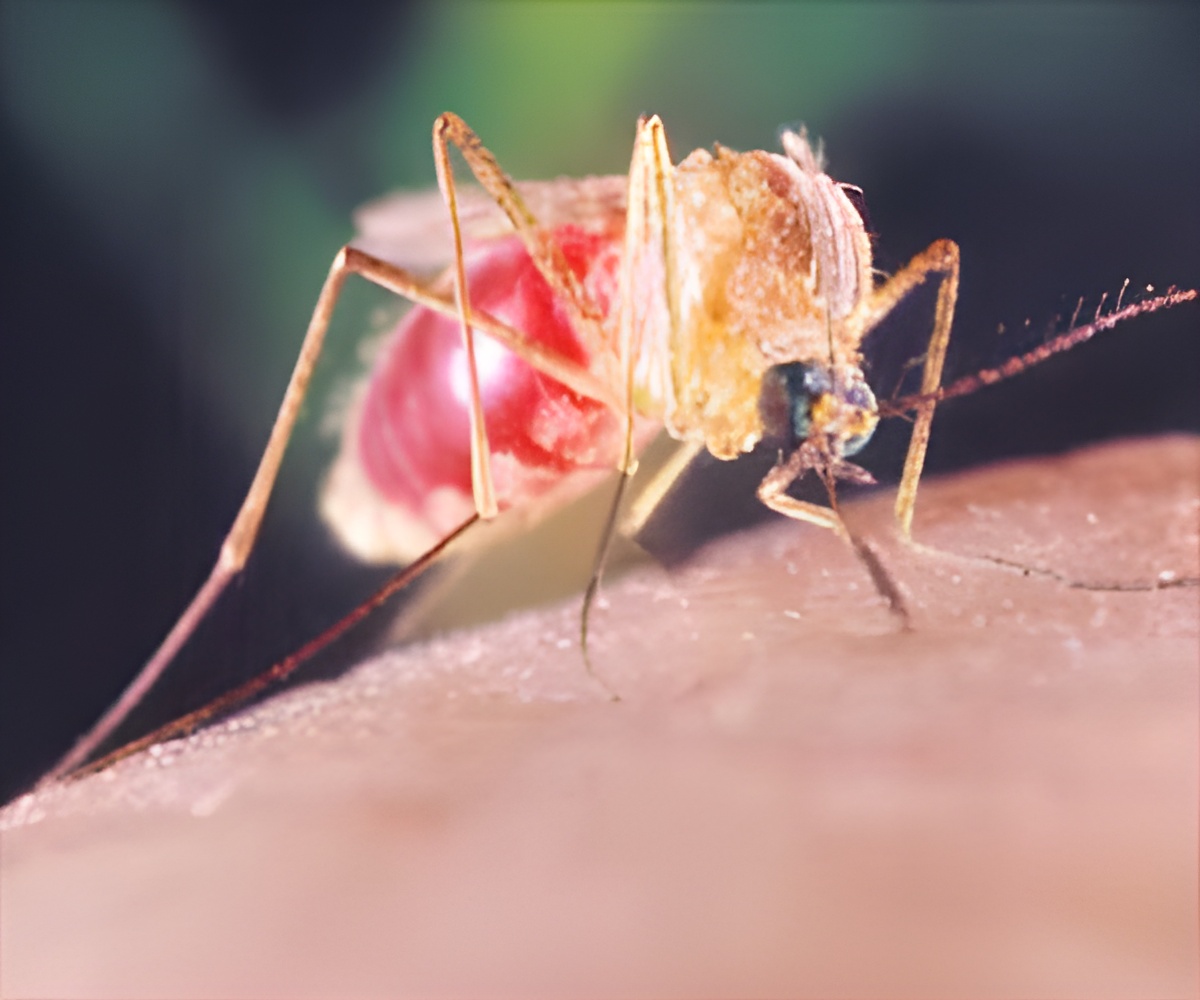A receptor on the legs of mosquitoes that when activated, keeps female mosquitoes from taking a sugar meal and makes them fly away, revealed researchers.

‘A receptor on the legs of mosquitoes that when activated, keeps female mosquitoes from taking a sugar meal and makes them fly away. This finding could lead to novel mosquito repellents.’





"What makes this even more compelling is the work was with Aedes aegypti, the mosquito species responsible for spreading Zika, dengue, yellow fever and Chikungunya viruses," Ragsdale said. "This work is the culmination of over five years of study by Dr. Pietrantonio, her students and collaborators. With Zika a looming threat, this is a timely discovery." Dr. Patricia Pietrantonio, a Texas A&M AgriLife Research Fellow in the entomology department at College Station, said after mating, Aedes aegypti females immediately search for a blood meal from a human host. "They are highly anthropophilic, meaning they are attracted to humans," Pietrantonio said. "They may even follow people indoors. If female mosquitoes are infected with viruses they may transmit them to humans when they acquire a blood meal." The blood meal supplies the protein source female mosquitoes require to produce eggs, she said.
"However, in the field, if human hosts are not present, females will feed on sucrose solutions such as nectar from flowers, though they prefer a blood meal to a sugar meal but male mosquitoes feed only on nectar. Certainly sugar feeding is one of the two feeding modalities for adults of this species."
"We found that a synthetic peptide that was designed to mimic a peptide naturally present in mosquitoes triggers an aversive fly away, walk away or jump away behavior in female mosquitoes."
If the same aversion could be tied to a blood meal, she said a totally new and effective mosquito feeding deterrent may be in the offing, one that perhaps would cause the mosquito to pass up the required blood meal needed to lay eggs. Doing so would either disrupt the life cycle and/or reduce disease transmission. However, this is far from being accomplished, she said.
Advertisement
The research team localized these receptors in the feet and mouthparts of mosquitoes. What is really new, they said, is that this type of receptor proteins known as GPCRs, were not previously considered to be important for "taste" in insects and further, contact with the peptidomimetic made the mosquitoes fly away.
Advertisement
Pietrantonio said their observation that the peptide blocks sugar perception is interesting because the peptide is insect-specific, therefore, the receptor represents a target for further applied research to find ways to diminish the ability of female mosquitoes to feed. Doing so would likely reduce their lifespan or reproductive capacity.
"We had a lot of fun doing this research within the frame of an international, multi-institutional and multidisciplinary collaboration," she said.
Pietrantonio said the team will continue to study the system in the hope of developing an effective mosquito feeding deterrent in order to stop what is arguably the greatest foe to mankind on earth.
Source-Eurekalert











